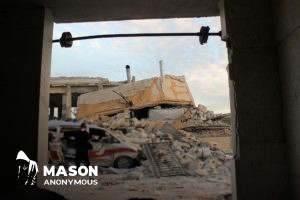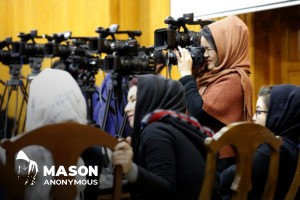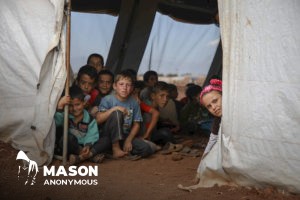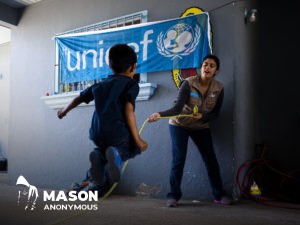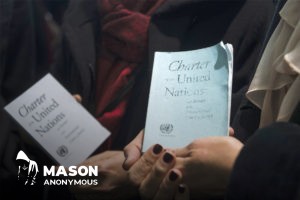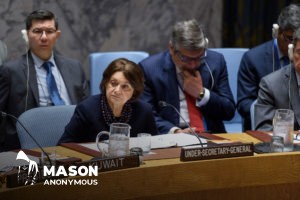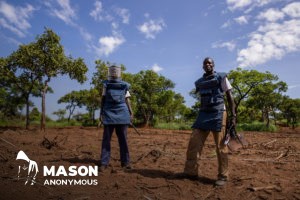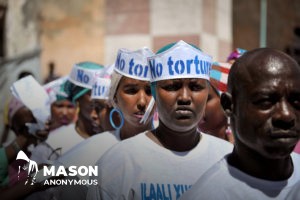In a direct video address to launch a worldwide campaign in solidarity with civilians trapped there, dubbed #TheWorldIsWatching, the humanitarian leaders said that they face the constant threat of violence. “Too many have died already” and “even wars have laws” they declared, in the face of multiple attacks by Government forces and their allies on hospitals, schools and markets, together with fierce resistance from extremist fighters that have gained control of much of the territory.
“Idlib is on the brink of a humanitarian nightmare unlike anything we have seen this century”, they warn.
UN relief chief and Humanitarian Coordinator, Mark Lowcock, said that “our worst fears are materializing…Yet again innocent civilians are paying the price for the political failure to stop the violence and do what is demanded under international law – to protect all civilians.
A huge influx of civilians – many displaced by fighting during urban offensives in places such as Aleppo and eastern Ghouta – has seen the northwestern Governorate double in population since 2015.
At least 330,000 have been forced to seek shelter elsewhere within the region, during the huge uptick in violence of the past two months. Many of them have nowhere left to run.
“Our campaign expresses solidarity with the families under attack and tells everyone that we are watching and witnessing what is happening”, said OCHA chief Lowcock.
‘Universal principles and values must prevail’: Rochdi
With more than 300 civilians have been killed in the so-called de-escalation area in northwestern Syria since the latest Government offensive, including many women and children, said the Senior Humanitarian Adviser on Syria, Najat Rochdi.
During a Syria Humanitarian Taskforce meeting in Geneva on Thursday, she noted the ambulance that had been hit by aerial bombardment just last week, and the death of three medical workers, who had been attempting to rescue a female patient who also died, while they were trying to reach a local hospital.
“Everything needs to be done to protect civilians”, she said. “Universal principles and values must prevail when so many innocent lives are at stake.”
In Rukban camp on the Jordanian border, she said around 27,000 displaced civilians still lacked the most basic services, in dire need of assistance. “We continue to call for humanitarian access to Rukban to be able to deliver life-saving aid and to assist those who would like to leave”, she added.
UN envoy urges Russia and Turkey to ‘stablize’ Idlib
The UN Special Envoy for Syria, on Thursday urged the Security Council to “work at the highest level to stabilize the situation in Idleb” as the guarantors of the de-confliction zone in and around Idlib, set up last September.
Gier Pedersen told the Council that both countries “have reassured me that they remain committed” to the Memorandum of Understanding and had set up a working group.
“We must see this assurance reflected on the ground” said the Envoy, adding that he hoped Syria would be a main item for discussion at this weekend’s G20 Summit of nations, taking place in Japan.
“We hope that Russia and the United States can build on recent talks and deepen their dialogue at the highest level too”, he said, noting that five international armies were still present in war-torn Syria, making the need for a nationwide ceasefire critical.
Mr. Pedersen also highlighted the “significant presence” of terrorist group, Hayat Tahrir al-Sham inside the de-escalation area as another major drawback: “Its attacks must cease. But all due protection must be afforded to the up to three million civilians in Idlib.
“Undoubtedly, there is no easy solution for Idlib. But the only way to find one, is for hostilities to stop, and for key stakeholders to engage in a cooperative approach towards countering terrorism – an approach that safeguards the protection of civilians.”
